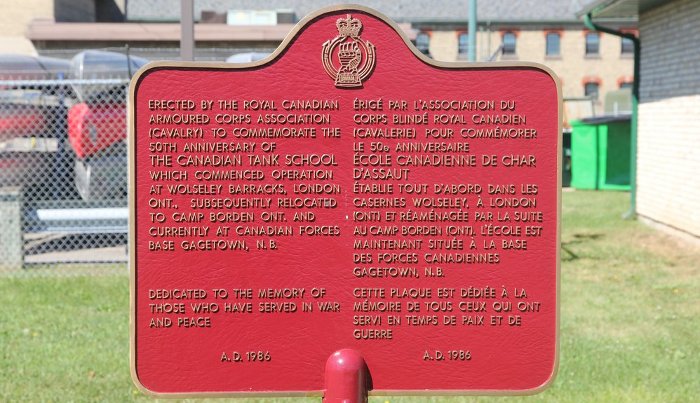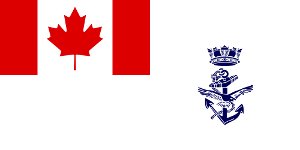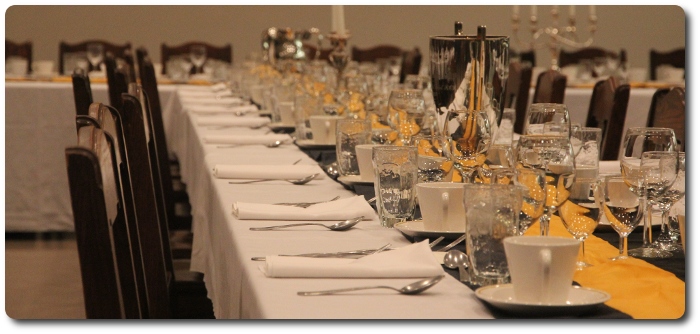Topic: Cold War

They enemy they prepared for: The armies of the Warsaw Pact.
In this photo Russian T54-2 tanks advance across open ground. (Source)
Ottawa Citizen; 17 April 1956
Army Games will Stress Atomic War
More than 10,500 troops of the Canadian Army will be exercised under simulated conditions of nuclear warfare from July 26 to August 3 at Camp Gagetown, N,B., Army Headquarters announced today.
Exercise "Morning Star" will culminate a six-week training concentration for troops of the 1st Canadian Infantry Division. It will be the second peacetime divisional exercise in the history of the Canadian Army, and the first to emphasize aspects of nuclear battle as they would affect a fighting infantryman.
Director of the exercise will be Maj.-Gen. E.C. Plow, CBE, DSO, CD, General Officer Commanding Eastern Command. Deputy Director will be the General Officer Commanding 1st Canadian Infantry Division, Maj.-Gen. J.M. Rockingham, CB, CBE, DSO, CD.
(1911-1987)
The Royal Canadian Air Force will provide air support for 1st Division and for "enemy forces."
Quebec Chronicle-Telegraph; 26 July, 1956
Canadian Soldiers in Mythical Combat
Camp Gagetown, N.B. (CP)—Two groups of Canadian soldiers separated by a 10-mile neutral zone while mythical war clouds blackened overhead, declared a simulated atomic war Wednesday night in the rugged hills of this central new Brunswick training camp.
The declaration of war between more than 10,000 members of the 1st Canadian Infantry Division climaxes weeks of almost-real tension building on both sides of the neutral strip which separates the two hypothetical countries.
Both sides have simulated atomic weapons and, theoretically, if one side stages all-out atomic warfare the first day the battle could end. But this is unlikely. The exercise is not scheduled to end until Aug 2.
Almost Real
As part of the pre-war tension building the army has documented a situation that pits two small countries against each other in a bitter cold war. Apart from the fact that all soldiers belong to the same army and dead ammunition (sic) will be used the situation is remarkably real.
Soldiers and officers have been instructed against discussing manoeuvres in messes. "Spies" from the other side have been apprehended by both groups. All movements are top secret. Positions of men are guarded with amazing seriousness. Both sides are outwardly determined to win. Generally the tenseness has reached its peak.
To give this Exercise Morning Star an apparent purpose the army has given the two involved countries a bit of history—one bad, the other good. "Blueland" is a small friendly country seeking peace. "Fantasia" is run by a "slick crowd" of aggressors.
Cold War Due to Break
In theory the whole structure of New Brunswick has been changed and the Atlantic Ocean now comes to the border of the 427-square mile camp. The cold was is smoldering on the sub-continent of Atlanta, about 1000 miles from Canada where Blueland and other democratic nations are trying to get along with the aggressive Fantasians. In 1952 when Fantasia's aggressive policy reached a peak, 14 free countries, including Canada, formed a pact, the Federation of Free Countries, which means collective defence against an aggressor.
The Fantasians are the aggressor and they will be met today by troops of the FFC. Then for a week they will push and withdraw along a 20-mile front as a group of officers from the Canadian Army Staff College assess casualties and rule on eventual victory.
It's the biggest exercise of its type ever carried out in Canada, and until it ends, all personnel will live under actual wartime conditions. They will sleep near the roar of huge Sherman tanks and the screams of air force and navy jet aircraft. Helmets will be worn continuously and prisoners will be marched back behind friendly lines. "Dead" soldiers will be tagged by umpires and taken out of action.
A-Bombs Too
The exercise is under the direction of Maj.-Gen. E.C. Plow, chief of the army's eastern command. and Maj.-Gen. J.M. Rockingham, commander of the 1st Division will be assistant director. Other positions will be taken by a large group of senior officers.
Before the exercise started tents of intelligence officers hummed with activity in both camp. There were reports of small infiltrations, new positions, camp movements and light manoeuvres. Everything was filed.
When either side sets off an atomic bomb they will use an indicator of smoke and gunpowders. The smoke will mushroom to the sky and umpires will study wind conditions to see how many men die from radiation. The umpiring staff from the army college include a group of exchange officers from such countries as France, Pakistan and the United States.
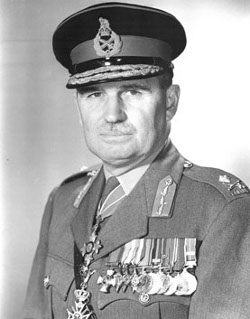
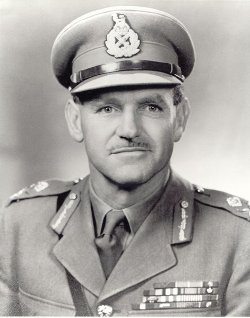



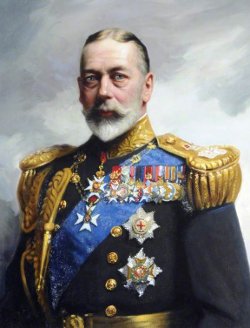



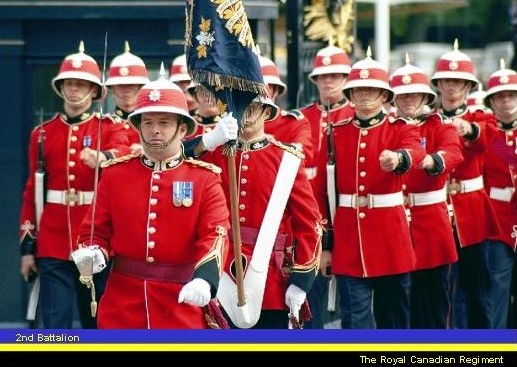

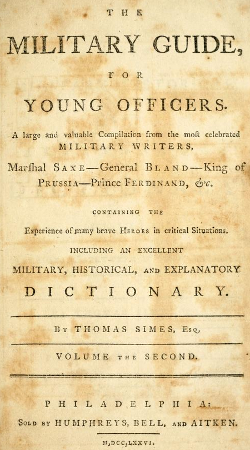
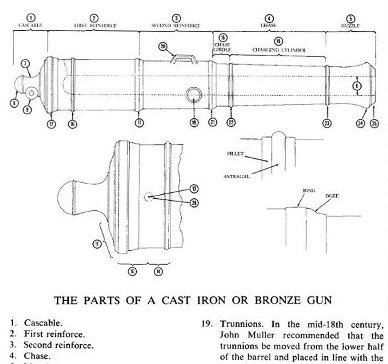
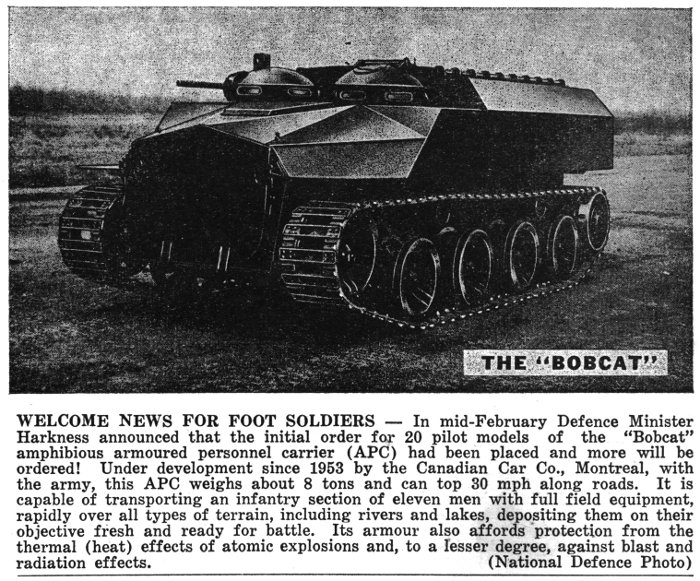
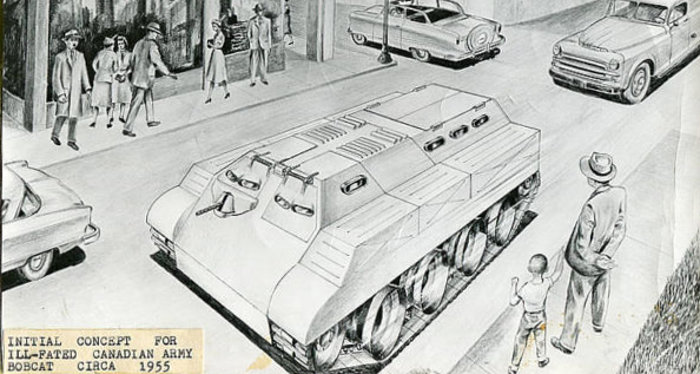
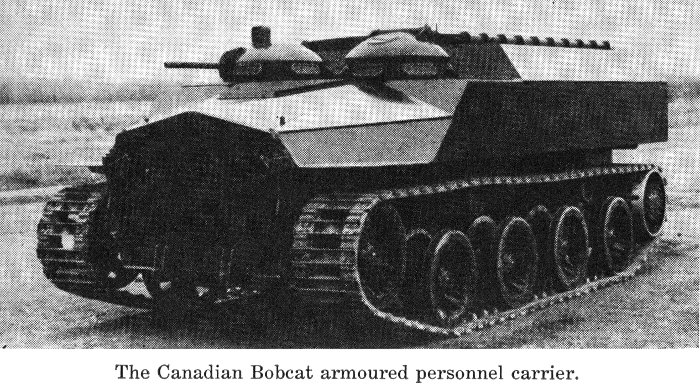
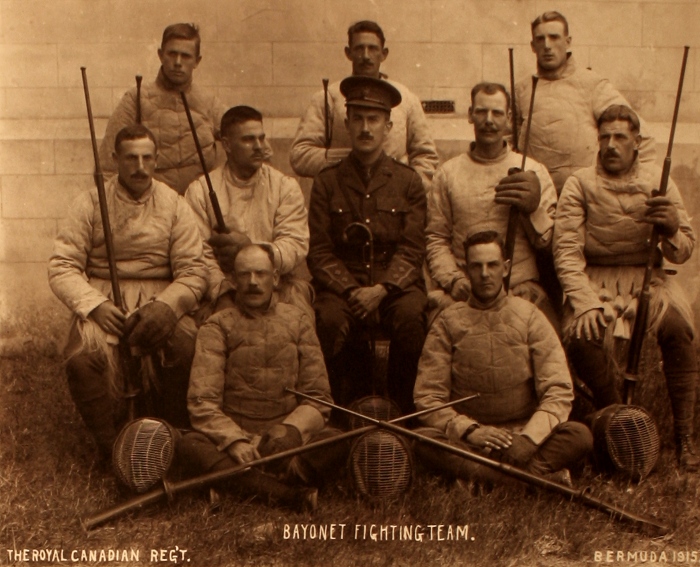
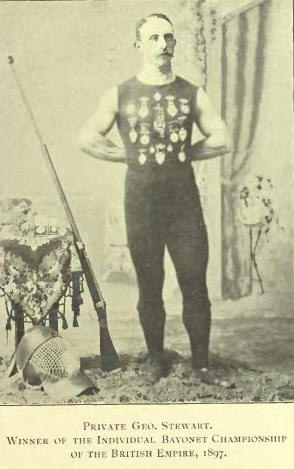






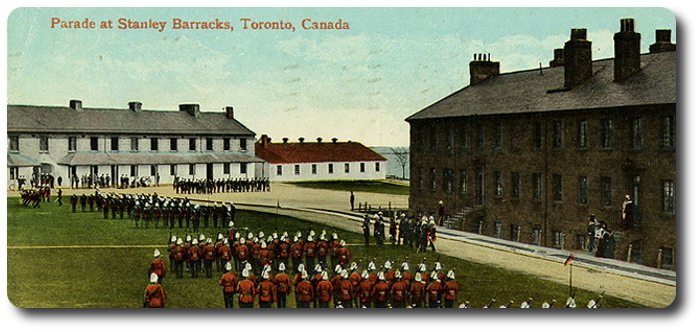
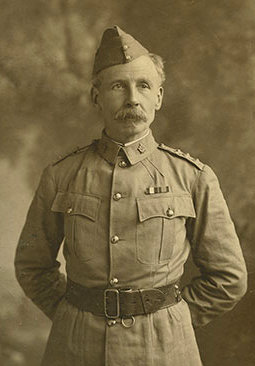
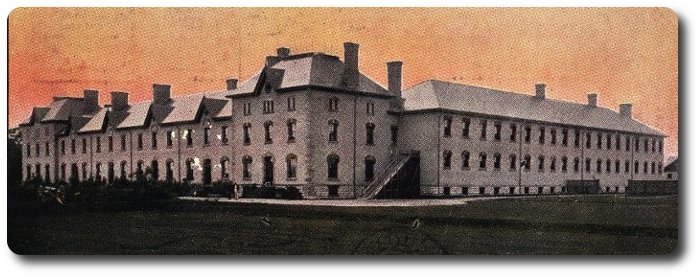


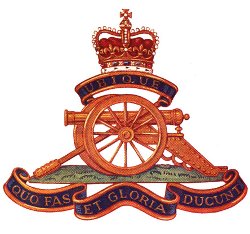 When his
When his 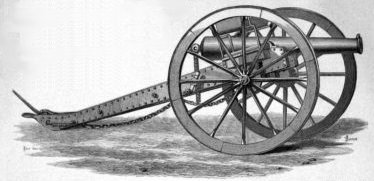 On display was a collection of artillery weapons ranging from a muzzle-loading, nine-pounder cannon use in the
On display was a collection of artillery weapons ranging from a muzzle-loading, nine-pounder cannon use in the 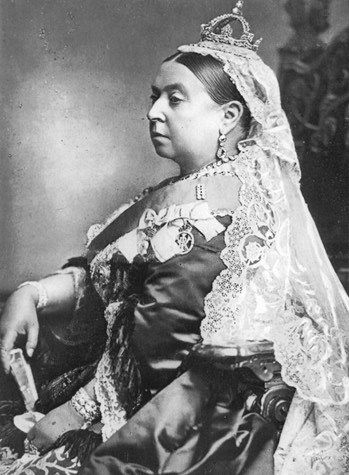 Two regular batteries and many militia artillery units took part in the 1885 northwest campaign.
Two regular batteries and many militia artillery units took part in the 1885 northwest campaign.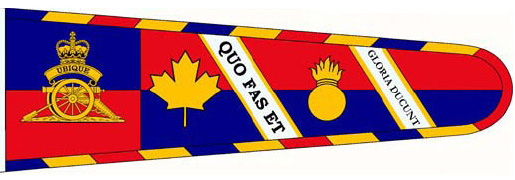
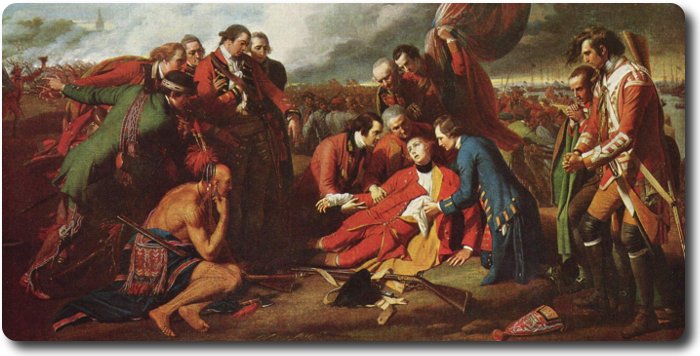
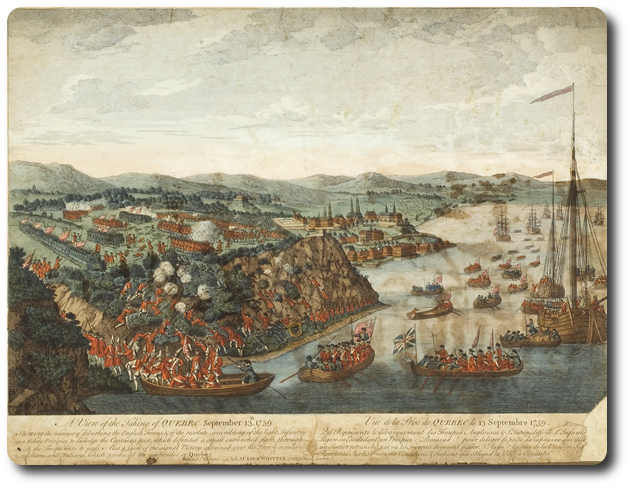



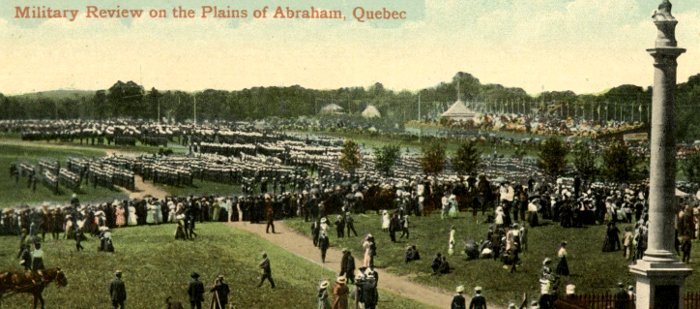
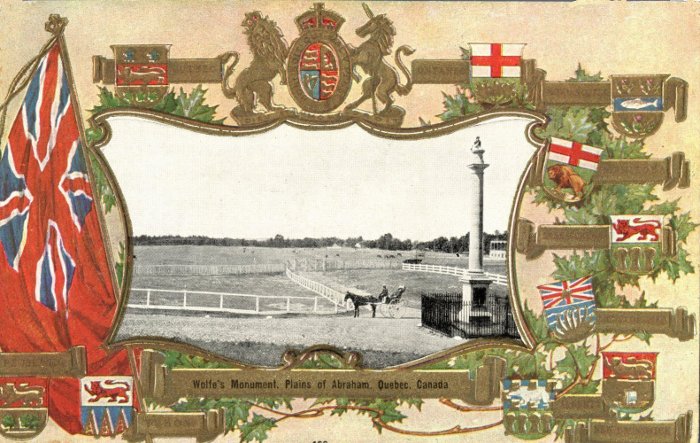
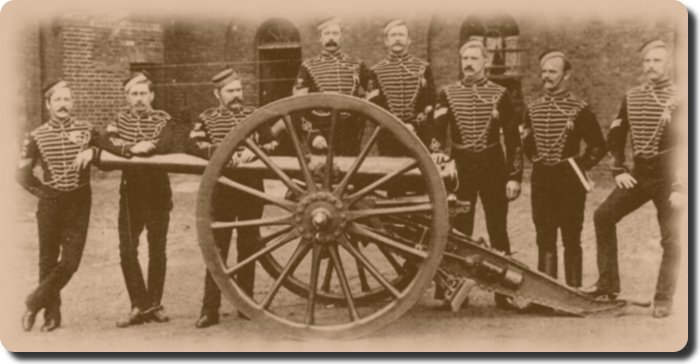
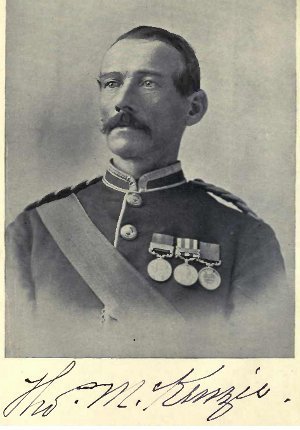 Sir—In the Fredericton Farmer of a late date there was published an item headed "Hero and Pauper," relating to
Sir—In the Fredericton Farmer of a late date there was published an item headed "Hero and Pauper," relating to 
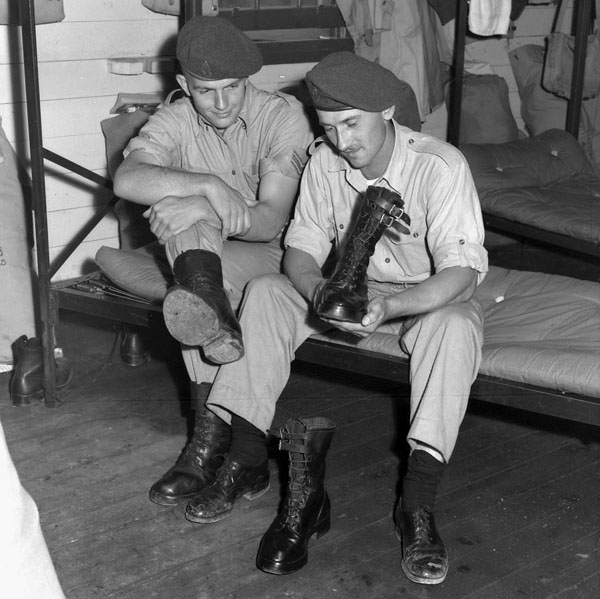
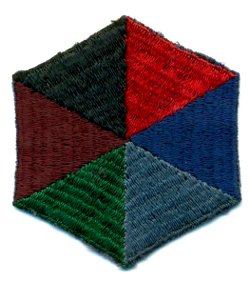 Geographical
Geographical
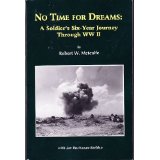

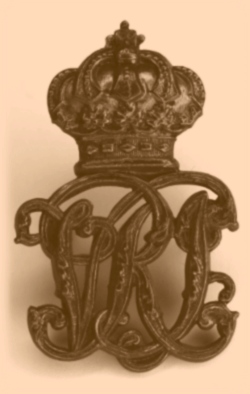 Sir.—In a somewhat bitter letter which appeared in your columns recently, Lieut.-Col. O'Brien, 35th Battalion, makes a strong attack on the
Sir.—In a somewhat bitter letter which appeared in your columns recently, Lieut.-Col. O'Brien, 35th Battalion, makes a strong attack on the 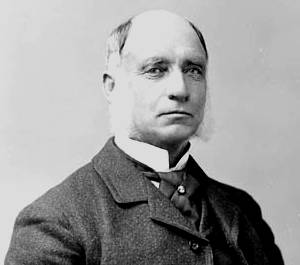 Lieut.-Col.
Lieut.-Col. 